SBIR/STTR Grants
Small Business Innovation Research (SBIR) and Small Business Technology Transfer (STTR) grants are key ways that university spinouts and innovation firms fund the early development and commercialization of their technologies. To highlight the strategic use of these programs, the Center for Translational Research holds dynamic conferences featuring experts across the Colorado and national innovation ecosystem.
Need help with your upcoming application?
The Center for Translational Research (CTR) is a campus-wide resource for both existing and aspiring university-originated startups seeking non-dilutive funding—including Small Business Innovation Research (SBIR) and Small Business Technology Transfer (STTR) awards—to translate their university inventions into a startup company. It provides support to university faculty, researchers and staff as well as non-university employees of startups utilizing university technology.




